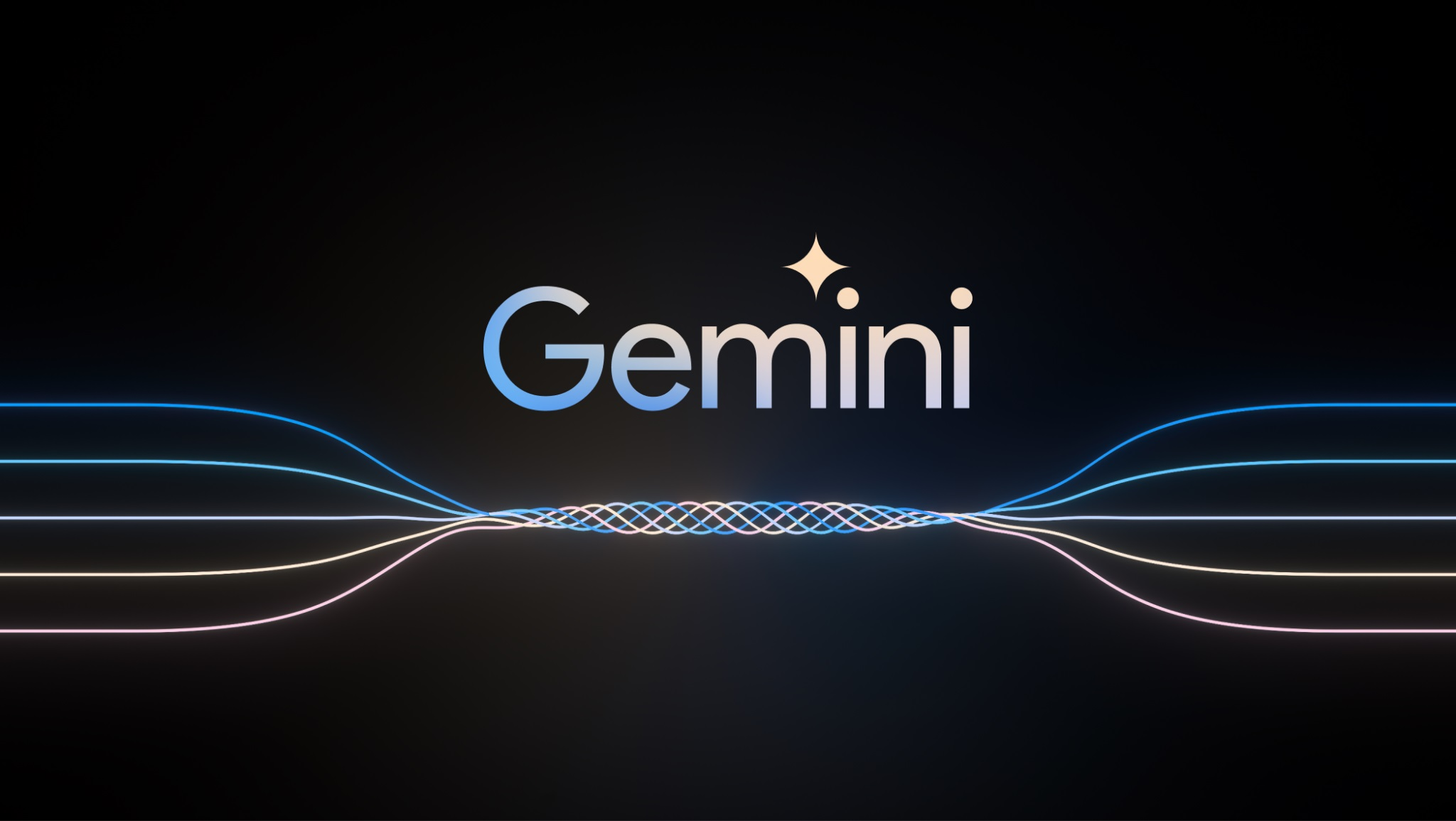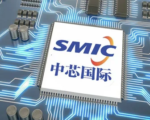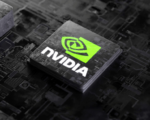Google has introduced new, cost-effective AI models under its Gemini family, responding to increasing competition and concerns over the escalating costs of artificial intelligence. The new offerings, including the “Flash-Lite” model, are designed to compete with cheaper AI models like DeepSeek’s, a Chinese rival that has drawn attention for its low-cost AI training.
The company unveiled several versions of its Gemini 2.0 models, which offer varying levels of performance and pricing. Among these is the “Gemini 2.0 Flash,” which was released to the general public after being previewed to developers in December. Flash-Lite, a more affordable variant, has been developed in response to positive feedback on the earlier Flash 1.5 model. However, the cost of Gemini 2.0 Flash is higher than its predecessor.
Google’s new pricing strategy comes amid growing scrutiny from investors over the rising expenses of AI model development. Recently, DeepSeek revealed it spent just $6 million on the final training run of one of its models, prompting comparisons to the significantly higher costs cited by major U.S. AI firms, including Alphabet, Microsoft, and Meta. Despite this, DeepSeek’s low-cost model has spurred competitors to accelerate their AI spending, leading to concerns about the long-term profitability of such investments.
Pricing for Gemini Flash-Lite is competitive, with certain inputs costing as little as $0.019 per 1 million tokens. This is cheaper than OpenAI’s flagship model, which costs $0.075 per million tokens, and slightly higher than DeepSeek’s $0.014 model (though DeepSeek’s pricing will rise fivefold on February 8).
These updates reflect Alphabet’s response to the growing pressure to provide affordable AI models while maintaining a competitive edge in the rapidly evolving AI space. However, despite these advancements, investor concerns remain about the sustainability of high capital expenditures in AI development.
















